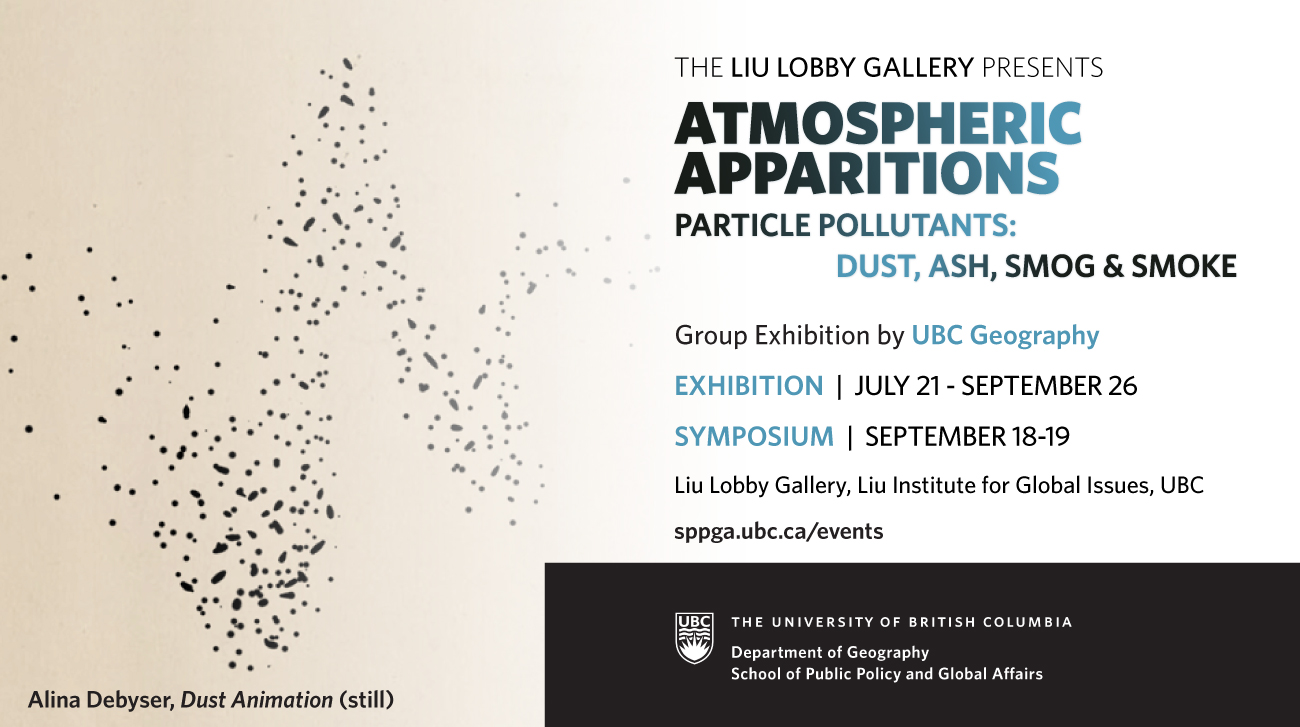When Japan began its drive toward monarchy in the aftermath of the Meiji Restoration of 1868, the leaders of the “New Japan” dusted off the monarchy and made it the axis of the national unity which they sought to achieve. The Meiji Constitution of 1889 placed the emperor at the center of the political process. In the aftermath of Japan’s catastrophic defeat in 1945, the American Occupation authorities insisted on revising the emperor’s constitutional position to that of a “symbol” with no powers related to government, a change which appalled Japanese conservatives. But as distance from the Meiji system grew, more and more of Japan’s political right adopted the stance that the “emperor as symbol” represented a return to the “true essence” of the monarchy throughout most of its history. More recently, Emperor Akihito’s desire to abdicate has reopened various debates about the monarchy, including the issue of why women are not permitted to serve as the national symbol. This talk will examine the history of the monarchy in modern Japan, with a particular focus the pluralistic manner in which the political right has interpreted the monarchy in postwar Japan.
About the Speaker:
Ken Ruoff is professor of modern East Asian history and director of the Center for Japanese Studies at Portland State University. The Japanese translation of his first book The People’s Emperor: Democracy and the Japanese Monarchy 1945-1995 was awarded the Osaragi Jiro Rondansha (widely considered to be equivalent to a Pulitzer Prize) in 2004, and earlier in 2017 Iwanami reprinted the Iwanami bunko version of the book. His second book Imperial Japan at its Zenith: The 2600th Anniversary Celebrations of the Empire of Japan, was awarded the Frances Fuller Victor Award for General Nonfiction, and was also translated into Japanese.
Website: https://www.pdx.edu/profile/meet-professor-ken-ruoff
This event is jointly sponsored by the UBC Meiji at 150 Committee, Centre for Japanese Research, Department of History and Department of Asian Studies.


